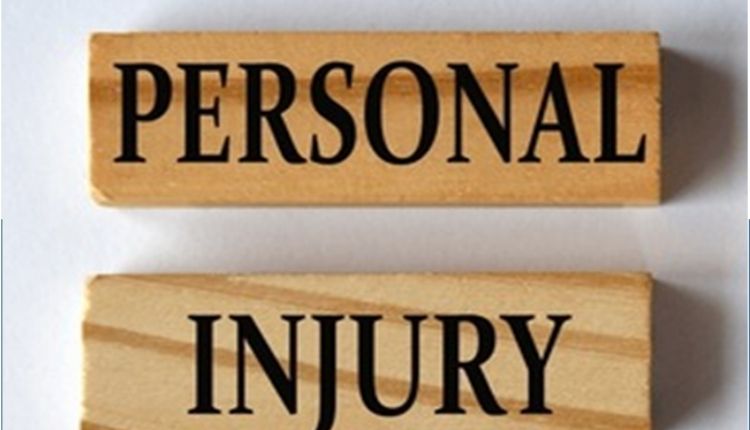A personal injury is not just about physical pain. It often brings a storm of emotions that can feel overwhelming. Fear, sadness, anger, and confusion are common after an accident. These feelings can be just as hard to manage as the injury itself. Ignoring the emotional side of recovery can slow healing and make daily life even harder. That is why it is so important to pay attention to both body and mind during recovery.
Stevens Point is a small but lively city in Wisconsin. It is known for its natural beauty, friendly neighborhoods, and strong community spirit. If you are facing the struggles that come with an injury here, seeking guidance from lawyers in Stevens Point can also provide support beyond the legal side. They often understand the challenges residents face and can connect you with helpful resources in the area.
Recognizing the Emotional Side of Injury
The first step is acknowledging that an injury affects more than your body. Many people try to push through, but feelings of stress, worry, or sadness are normal. Recognizing these emotions is not a weakness. It is part of recovery. Once you admit what you are feeling, you can start to find ways to cope.
Common Emotional Reactions
After an accident, people often experience:
- Anxiety about health, bills, or the future
- Anger or frustration about how life has changed
- Sadness or depression from loss of independence or activities
- Guilt if they blame themselves for the accident
These emotions can shift daily. Some days may feel normal, while others are heavy. Understanding that this is part of the healing process can help reduce fear.
Talking Helps
Sharing your feelings is one of the best ways to cope. Talk to friends, family, or a trusted counselor. Opening up reduces the sense of isolation that often follows an injury. Many communities, including Stevens Point, also offer local support groups where people share similar experiences. Sometimes just hearing “you are not alone” makes a big difference.
Building a Support System
Surround yourself with people who lift you up. A strong support system can include family, close friends, health professionals, or even legal advisors. Each one plays a role. Doctors help with recovery plans. Counselors support your emotional health. And lawyers can take the pressure off by handling insurance and legal matters so you can focus on healing.
Taking Small Steps Toward Normalcy
Recovery is a slow process. Trying to rush it often brings more frustration. Focus on small daily goals instead. Taking a short walk, preparing a meal, or even reading for a few minutes can restore a sense of control. Celebrate small victories. They add up and help rebuild confidence.
Practicing Self-Care
Your mind and body are deeply connected. Good self-care improves emotional health. Try simple steps like:
- Eating balanced meals
- Getting enough rest
- Practicing gentle exercise with your doctor’s approval
- Trying relaxation techniques such as deep breathing or meditation
These small acts help calm the mind and reduce stress.
When to Seek Professional Help
Sometimes emotions feel too heavy to manage alone. If sadness or anxiety affects your sleep, appetite, or daily activities for a long time, it may be time to seek professional support. A counselor or therapist can teach coping strategies and provide a safe space to talk. There is no shame in reaching out. It shows strength and commitment to healing.
The Role of Legal Guidance
The stress of bills, insurance calls, and paperwork can make emotions worse. Having a lawyer manage the legal side can ease this burden. Skilled lawyers not only handle claims but also explain your rights clearly and give peace of mind. For someone in Stevens Point, local lawyers can be especially helpful because they know the community and local systems well.
Key Takeaways
- Injuries affect emotions as much as the body
- Common feelings include anxiety, anger, sadness, and guilt
- Talking to loved ones or joining support groups reduces isolation
- A support system of family, professionals, and lawyers makes recovery easier
- Small daily goals bring back control and confidence
- Self-care improves both body and mind
- Professional help is valuable if emotions feel unmanageable
- Local legal guidance can ease stress and connect you to resources






